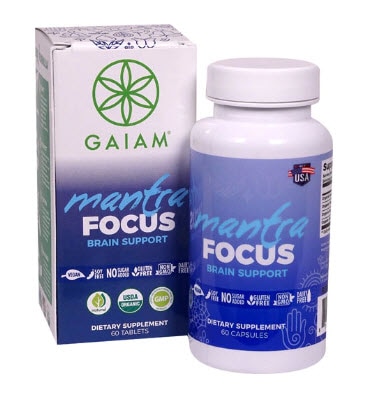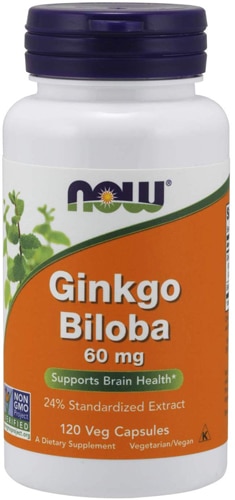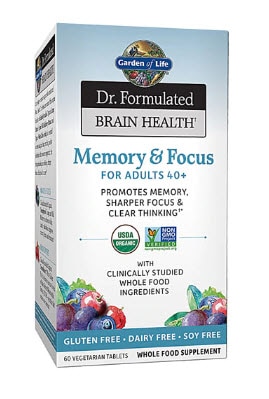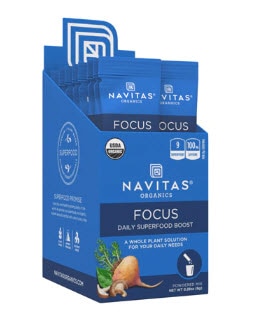As you read this, you might be second screening, as in scrolling through your phones’ latest dispatches while watching TV. Or in the very least listening to music while working at your computer. In the attention economy, undiluted focus is a scarce commodity, with supply never quite meeting the increasing demand.
Although many people delight in their ability to multitask, it’s not necessarily brag worthy. For one thing, multitasking is a bit of misnomer. Multitasking means trying to perform two or more tasks at the same time, which in reality leads to repeatedly switching between tasks (i.e., task switching), often leaving one task unfinished in order to do another.
Task switching sounds nowhere near as productive as multitasking, but it’s more honest. What's really happening is you're shifting attention from one thing to the next—music to email to chat alerts—every few seconds, without ever being fully present with any of it.
Contrary to popular conception, the human brain has evolved to single task—and multitasking is still not part of its repertoire.

Here are five reasons you are better off doing things the old-fashioned way, as in “one thing at a time.”
1. Multitasking is dangerous
You’ve probably seen drivers, cyclists, pedestrians on their phones while on the move. Increasingly, this does not always end well. According to the New York Times, “Forty-eight states have banned texting while driving. In Honolulu, it’s illegal to text or even look at your phone while crossing the street, and in the Netherlands they’ve banned texting while biking.” But don’t rely on legislation to reinforce that multitasking is unwise; learning to self-regulate is a far better route.
2. Multitasking damages your brain
A 2014 study out of the University of Sussex found that regular multitasking is linked with lower brain density in the region of the brain responsible for empathy, cognitive control and emotional control. One theory is that multitasking damages our capacity for what’s referred to as “deep thought.” A 2009 study out of Stanford University found that heavy multitaskers were actually worse at sorting out relevant information from irrelevant details.
3. Multitasking makes you less productive
A 2017 Bryan College study on multitasking found that millennials switch from platform to platform 27 times per hour. Additionally, multitasking lowers IQs by 15 points during cognitive tasks and decreases emotional intelligence and brain density over time. The impact of that drop makes multitasking the equivalent to the head fog of losing a night of sleep and more than twice the effect of smoking marijuana. An American study reported in the Journal of Experimental Psychology found that it took students far longer to solve complicated math problems when they had to switch to other tasks—in fact, they were up to 40 per cent slower.
4. Multitasking impedes performance
Multitasking takes its toll on the relevant brain networks though what’s called “task switch costs.” A switch cost shows up as performance accuracy or delays that results from shifting between tasks. Plus, multitasking reduces your ability to remember things, so you are unable to learn as much and you have difficulty transferring what you're learning into new contexts.
5. Multitasking saps your purpose
Multitasking is literally life sucking—it drains our brains’ energy reserves. Chronic task switching comes with a biological cost that ends up making us feel more tired than if we simply paid attention to one thing. Some experts believe that multitasking can eventually lead to a loss of life purpose. The fragmentation of attention can gradually erode a cohesive sense of what you’re all about. And constant diversions change our ability to make sense of what’s true, so we have less of a collective shared narrative that we all subscribe to.
But fortunately, there’s a backlash afoot against all this distraction, which the Center for Humane Technology (formerly known as Time Well Spent) calls human downgrading. It’s based on the principle of what time well spent really means—and it begins with putting the kibosh on the infinite scroll and swipe and search.






